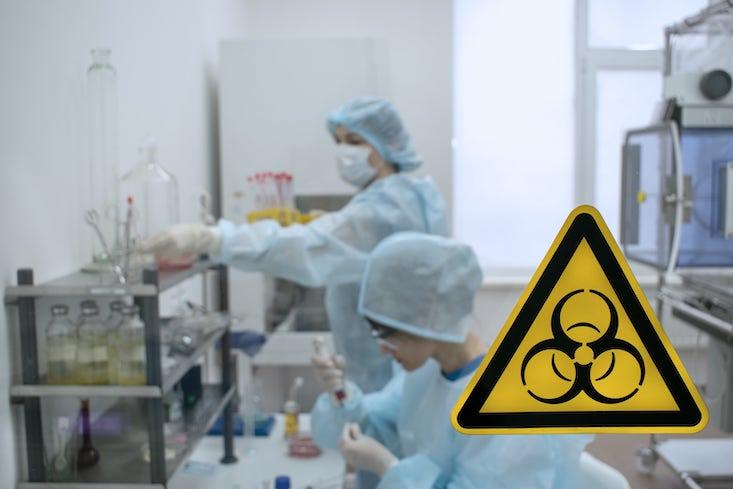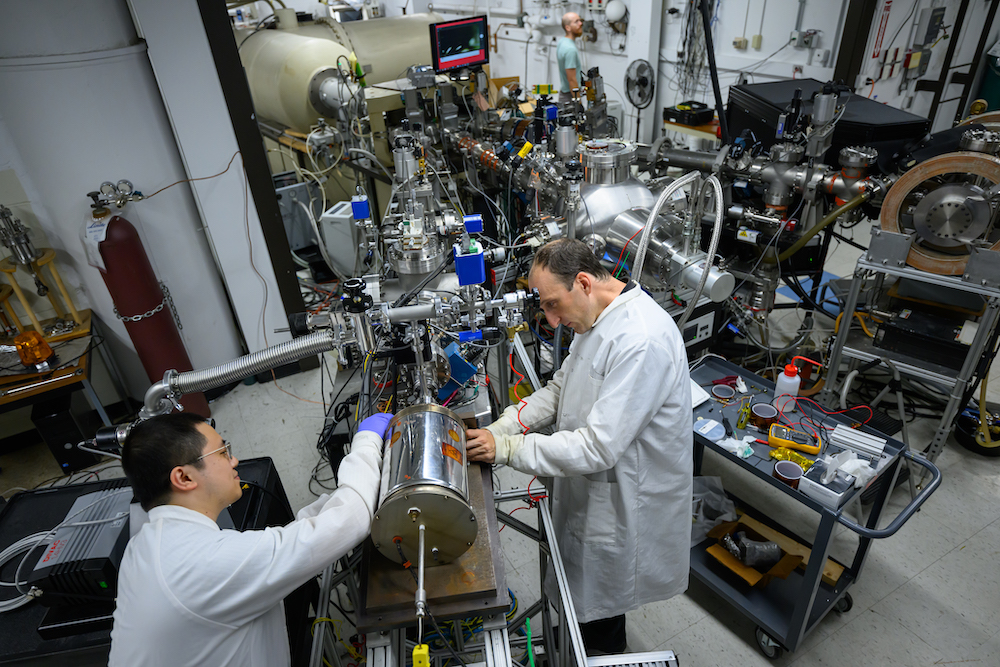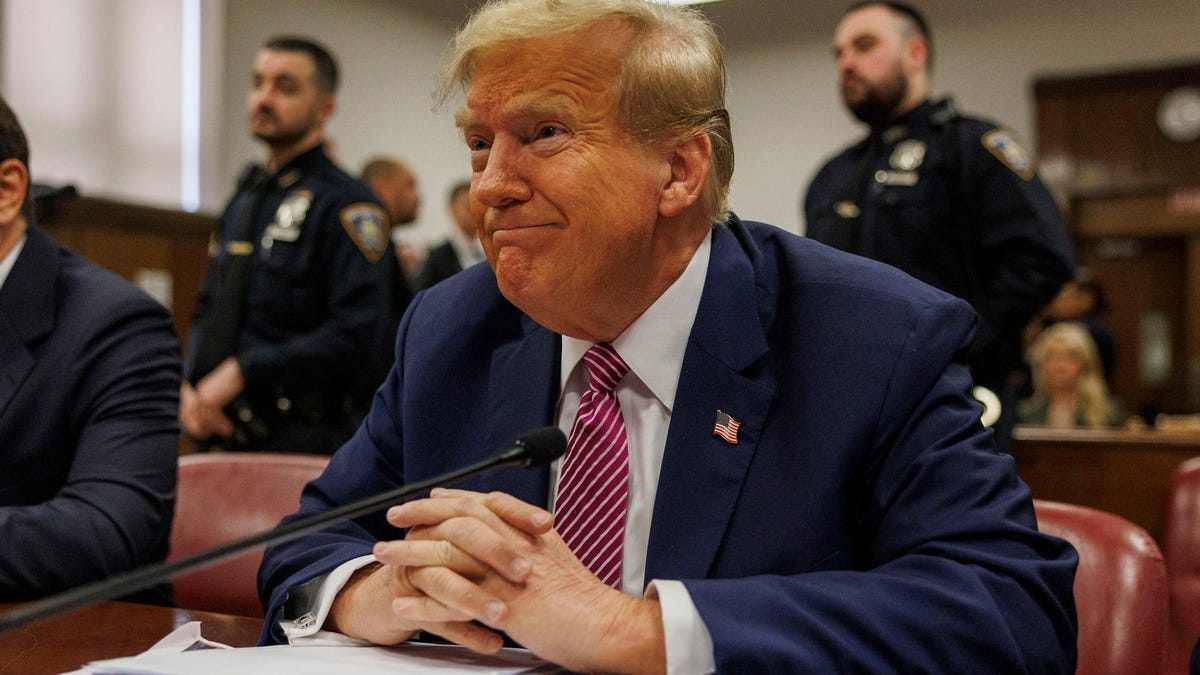The US is concealing its research on deadly viruses — while criticizing China's secrecy over the Wuhan lab
In January 2020, an obscure government panel met at the Hyatt Regency in Bethesda, Maryland, to discuss a branch of virology known as "gain of function." The goal of such research is to take infectious diseases — including the viruses that can cause pandemics — and alter them in ways that make them deadlier or more transmissible, in the hope of getting a jump on outbreaks. It was two days after the United States had its first confirmed case of COVID-19, but the empty seats in the Hyatt conference room were due to lack of interest, not social distancing.
The gathering "couldn't be more timely," said David Christian Hassell, a career official at the Department of Health and Human Services, as he began loading slides for his presentation. "We're seeing this virus reassort and mutate as it spreads. It's just pointing out the need for doing this kind of work."
In fact, many critics would soon be pointing to the COVID pandemic as the ultimate proof that gain-of-function research needs to be shut down. At the time, the virus was still widely viewed as a problem confined to China, where it originated. Later, as the US went into lockdown, President Trump would try to rebrand the pandemic as the "China virus." The city of Wuhan was home to a laboratory conducting "experimental investigations" into what it called the "origin, diversity, capacity to cause illness, and risk of spillover" from bat coronaviruses. If an altered virus escaped from the lab, then gain-of-function research might have accidentally caused the very sort of pandemic it's intended to prevent.






















/cdn.vox-cdn.com/uploads/chorus_asset/file/25386604/STK471_Government_Surveillance_CVirginia_B.jpg)



